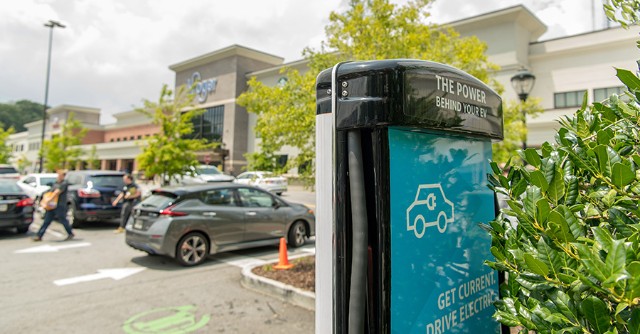Buying an Electric Vehicle
Consumers today can choose between hybrid vehicles, which do not plug in, and plug-in electric vehicles, including plug-in hybrid electric vehicles and battery electric vehicles. Buyers should evaluate their own driving needs to determine how the different EV technologies can work for them.
Technology & Adoption Trends
Electric vehicle adoption rates have been soaring over the past few years as the battery technology allows longer distances to be traveled between charges. Auto manufacturers continue to announce new models, giving the consumer more choices than ever before.
Adoption Rates in Georgia
Currently Georgia has more than 40,000 registered EV drivers across the state, and Atlanta is the highest ranked city in the Eastern United States for the number of publicly available EV charging stations.
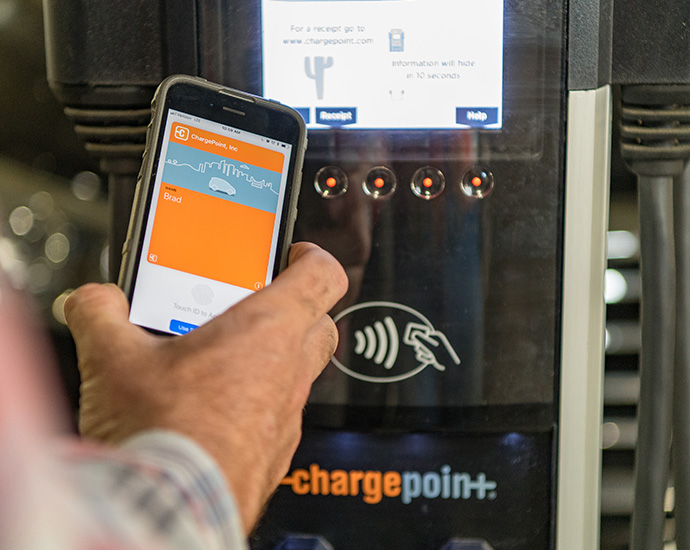
EV Models Available Today
Just about every auto manufacturer has an EV on the market today. Many have more than one! Visit the showroom at GoElectricDrive to see them all.
Which electric vehicle is right for you?
Electric vehicles come in many forms to match your lifestyle. All have batteries and some must be plugged in to recharge. Meet the three types of electric vehicles and read this Consumers Guide to Electric Vehicles to learn more.
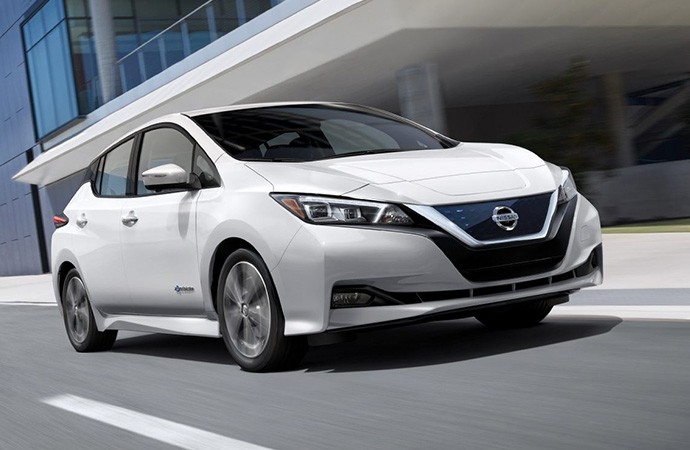
Battery (BEV)
Battery electric vehicles (BEVs) have no gasoline engine and run exclusively on the energy stored in on-board batteries. Examples include the Nissan LEAF, Chevrolet Bolt, Tesla Model 3, BMW i3, Mitsubishi Outlander and Chrysler Pacifica.
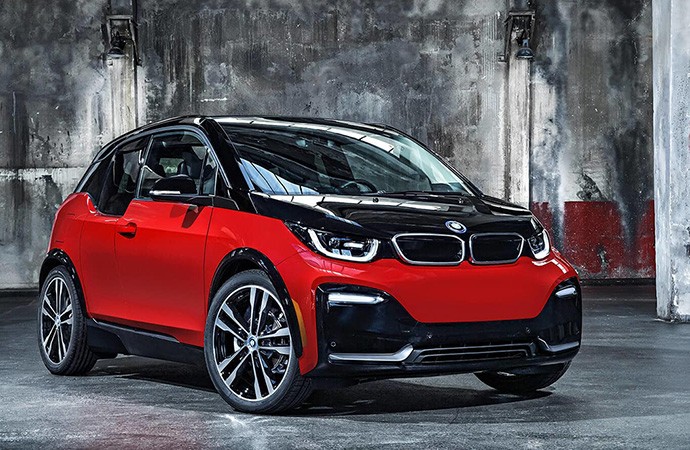
Extended Range (EREV)
Extended range electric vehicles (EREVs) can run on conventional or alternative fuel and an electric motor that uses energy stored in a battery. The battery is charged through regenerative braking and by the internal combustion engine and is not plugged in to charge.

Plug-In Hybrid (PHEV)
Plug-in hybrid electric vehicles (PHEVs) are powered by an internal combustion engine that can run on conventional or alternative fuel and an electric motor that uses energy stored in a battery. The vehicle can be plugged in to an electric power source to charge the battery.
Incentives
State Incentives
In Georgia, the state legislature ended the $5,000 credit for BEVs in 2016, but it is currently evaluating new incentives for vehicles and charging equipment. Georgia Power customers may be eligible to receive up to a $250 rebate for installing a Level 2 Charger in their home.
Rebates are available through December 31, 2021.
Federal Incentives
All electric and plug-in hybrid cars purchased in or after 2010 may be eligible for a federal income tax credit of up to $7,500. The credit amount will vary based on the capacity of the battery used to power the vehicle. Visit FuelEconomy.gov for more information.
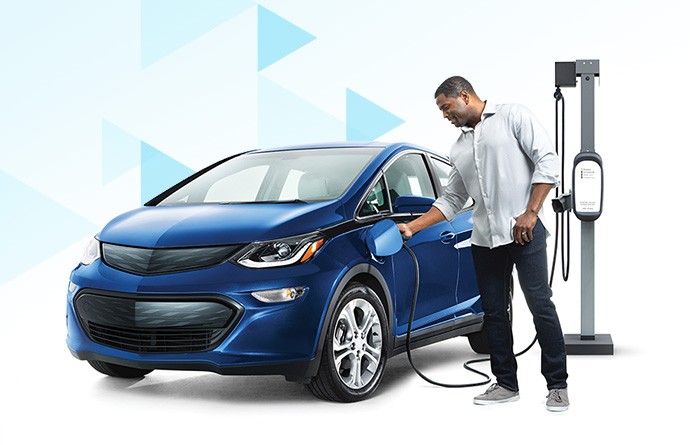
Featured Rebate

If you’ve recently installed a Level 2 Charger in your home, you may be eligible to receive up to a $150 rebate. Submit a rebate request form with a copy of your paid installation and charger invoice(s) within 6 months after the EV charger has been installed. Learn more about our EV charger rebate program and apply today.
*Rebate available while funds last. Amount subject to change.


